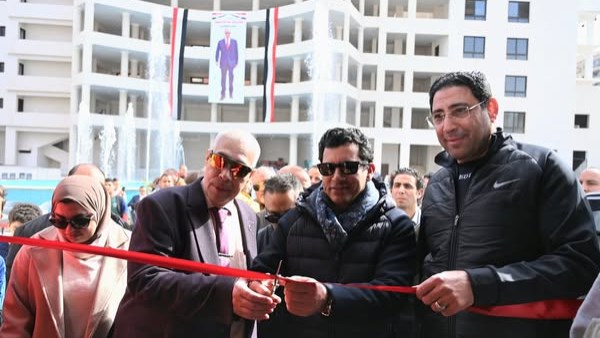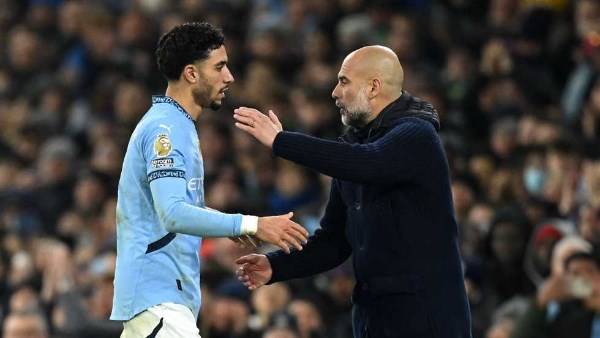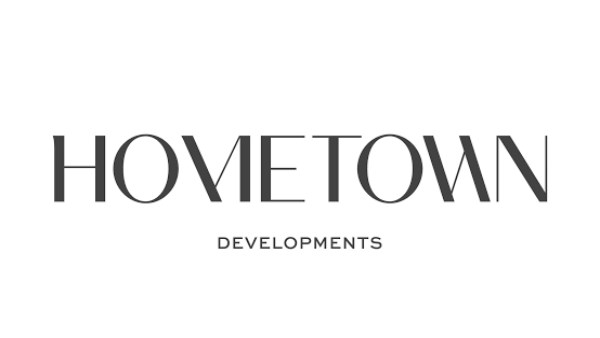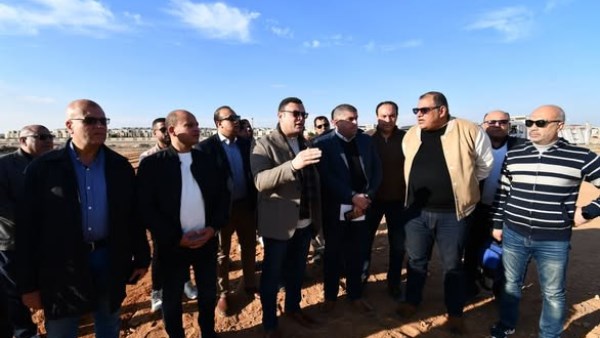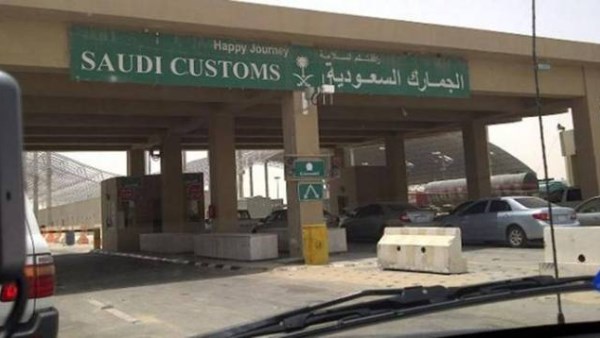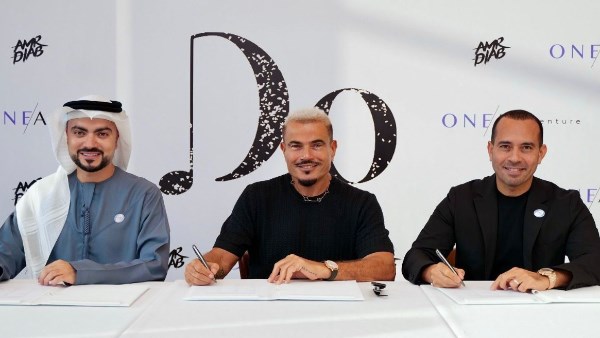The gas-rich Gulf nation hosted the late-stage indirect talks between Israel and Hamas
Qatar Eyes Wider Mediator Role After Gaza Truce Breakthrough

Qatar’s success in helping to broker the long-awaited Gaza ceasefire has enhanced its reputation as an international mediator, with officials now considering which other conflicts they could help resolve.
The gas-rich Gulf nation hosted the late-stage indirect talks between Israel and Hamas that culminated in the truce that started Sunday, with Qatari Prime Minister Sheikh Mohammed bin Abdulrahman Al Thani working round the clock to get the deal over the line. The agreement capped more than a year of often frustrating negotiations, with officials from both former US President Joe Biden’s administration and successor Donald Trump’s team involved in the final push.
Israeli and Hamas officials never came face to face in a highly choreographed set of final meetings in the Qatari capital, underlining the complex nature of the high-stakes engagement. And the task is far from complete: Qatar is working on the second phase of the ceasefire agreement for when the initial truce ends in less than six weeks.
Highly sensitive negotiation
Doha’s lines into Hamas will again be of paramount importance in what will be another highly sensitive negotiation, with a number of questions still to be answered — including who will eventually run the war-ravaged territory and oversee rebuilding.
The Israel-Hamas breakthrough was the product of more than a decade of Qatari efforts to position itself as the Middle East’s indispensable go-between, weathering criticism from its neighbors and beyond for the US-coordinated housing of leaders of Hamas — designated a terrorist organization by the US and others — while maintaining channels to Israel, even though the two countries don’t formally recognize each other.
Qatar was isolated by Arab states including Saudi Arabia for almost four years through 2021, though relations are now cordial. Ongoing and careful handling of relations with even adversarial parties will be critical to maintaining its key role.
Qatar was “pivotal” throughout the negotiation process, “and not just because of its relationship with Hamas,” said Anna Jacobs, a non-resident fellow at the Arab Gulf States Institute in Washington. “Its very close relationship with the US, engagement with senior Israeli officials, and its much improved relations with Gulf neighbors Saudi Arabia and the United Arab Emirates are what made Doha the integral regional actor.”
In a soft-power play backed by Qatar’s $510 billion sovereign wealth fund, the country is involved as a mediator in more than 10 other ongoing cases of various natures, according to one Qatari official, who asked not to be identified discussing sensitive matters. The nation is on the look out for other places it can be of service, said a diplomat briefed on the Gaza talks, also speaking on condition of anonymity.
For example, Qatar sees the potential to work on Afghanistan, where it wants to help improve the humanitarian situation as well as curb Islamic State’s attempts to gain ground there, the diplomat said.
Doha hosted talks between the US and the Taliban in 2020, working with the first Trump administration, and went on to accept evacuees fleeing Afghanistan after the Taliban regained power the following year. Qatar this week facilitated a swap deal that saw two American citizens detained in Afghanistan released, the foreign ministry said.
Qatar also has constructive ties with Iran — with which it shares the world’s biggest gas field. A goal is to leverage that to help ease tensions between Tehran and Washington, the diplomat said. Those reached a zenith during Trump’s first term in office, with the new US president overseeing a strategy dubbed ‘maximum pressure’, walking away from a deal on the Islamic Republic’s atomic activities and imposing heavy economic sanctions.
Iranian President Masoud Pezeshkian, elected last year on a reformist agenda, has indicated a wish to pursue re-engagement with the West over both nuclear development and sanctions. That creates potential for talks to take place, the diplomat said.











